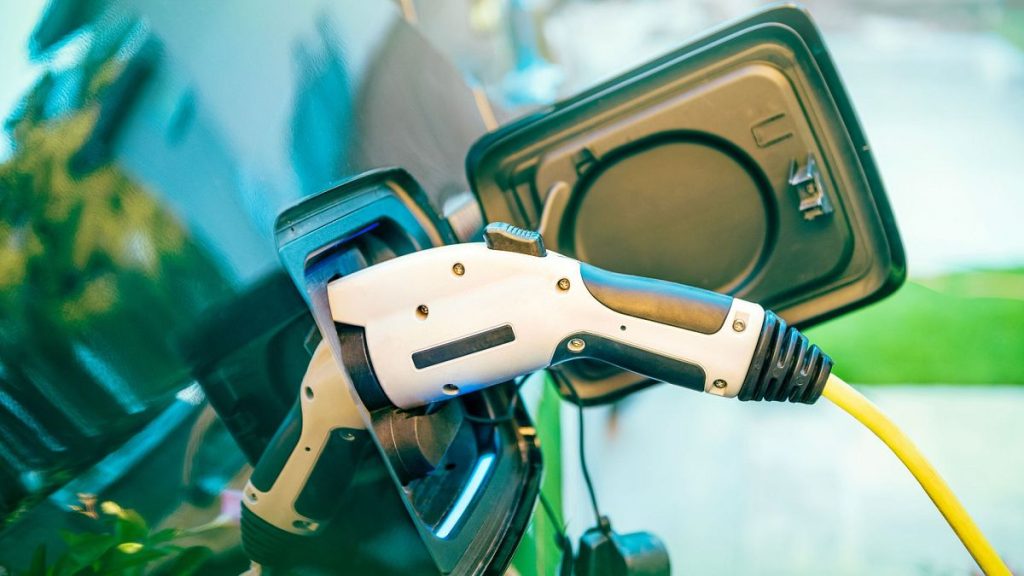The European Commission aims to significantly expand the charging infrastructure for electric vehicles (EVs) in response to their growing popularity. As of 2023, there were over 630,000 public charging points across the European Union, but alarmingly, most of these are concentrated in Germany, France, and the Netherlands. With around three million battery-electric vehicles already on the roads, the need for reliable and accessible charging options is becoming increasingly urgent. Industry experts suggest that the development of this infrastructure must proceed alongside the growth in EV adoption; it is a classic “chicken or egg” scenario, with both elements needing to evolve simultaneously. Klas Eliasson, an EV charging consultant, emphasizes that the equilibrium between infrastructure and vehicle demand is approaching, marking a crucial turning point in the transition towards electro-mobility.
The reliability of existing charging stations poses significant challenges for users. A recent report from a Finnish EV charging company found that approximately one-third of all charging transactions encounter issues. The problems largely arise from communication failures between charging units and their backend systems, with 47% of failures attributed to these errors. Additionally, cable locking issues account for 44% of malfunctions. There are concerns that these persistent reliability issues might dissuade early adopters of EVs from continuing with electric driving, leading them to revert to traditional internal combustion engines. Mikko Summala, a sales director at Willbert, likens the ease of obtaining a snack from a vending machine to the expectation that EV charging should be simple and reliable, questioning why such advanced technology falls short of meeting that standard.
In response to the urgent need for improved charging infrastructure, the European Council adopted the Alternative Fuels Infrastructure Regulation (AFIR) in 2023. This regulation aims to facilitate the electrification of transport to achieve a stated goal of a 55% reduction in CO2 emissions from passenger cars. It specifically mandates that fast chargers with output power of 50 kW or more must accommodate card payments and that QR codes can be utilized for lower-powered chargers. The automobile industry, through the European Automobile Manufacturers’ Association (ACEA), estimates that up to 8.8 million charging points will be needed by 2030 if current growth trends in the EV market continue. Despite the ambitious target set by the European Commission of reaching 3.5 million charging points by 2030, achieving this requires a significant acceleration in installation rates, nearly tripling the current amount of annual installations.
However, the regulatory framework laid out in the AFIR does not impose binding requirements on the manufacturers of EV chargers or grid operators. Instead, the onus falls on individual EU member states, which must translate these ambitious goals into national legislation by the end of December 2023. Gerd Leutner of CMS Berlin highlights that member states need to create robust policy frameworks that will support the EU’s electrification ambitions. The AFIR further specifies that fast-charging stations with a minimum output of 150 kW must be installed every 60 kilometers along primary transportation corridors starting in 2025. Unfortunately, the reality is stark, as only one out of eight public chargers currently installed in member states qualifies as a fast charger, underscoring the urgent need for better infrastructure.
The disparity between the number of EVs on the road and the availability of functional charging stations is poised to present a significant barrier to the adoption of electric vehicles. With around three million battery-electric vehicles out there and only a fraction of charging points being suitable for fast-charging, many potential EV users may feel hesitant to transition from traditional vehicles. Martin Cooper, managing director of Eleet EV, reiterates the critical role that accessible and reliable charge points will play in supporting the electric vehicle market. The challenges of charging station availability and functionality are ultimately intertwined with the broader goals of reducing carbon emissions and achieving environmental targets throughout Europe.
As the landscape evolves, the transition to electric mobility will depend heavily on whether the incoming regulations are effectively implemented across member states. There remains a crucial need for investment, both in infrastructure rollout and in technological advancements that could streamline the charging process. Only by aligning the installation of charging points with the rapid increase in electric vehicle adoption can Europe hope to meet the ambitious environmental targets set forth in the AFIR. The upcoming years will be pivotal in determining whether the landmarks in infrastructure and vehicle adoption will coexist harmoniously to support an electric future.














